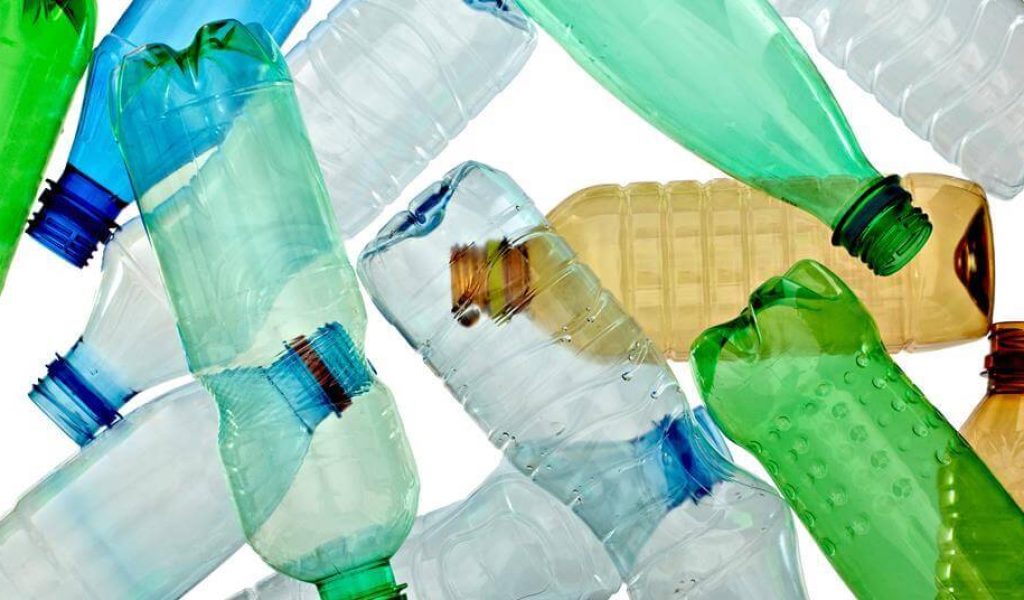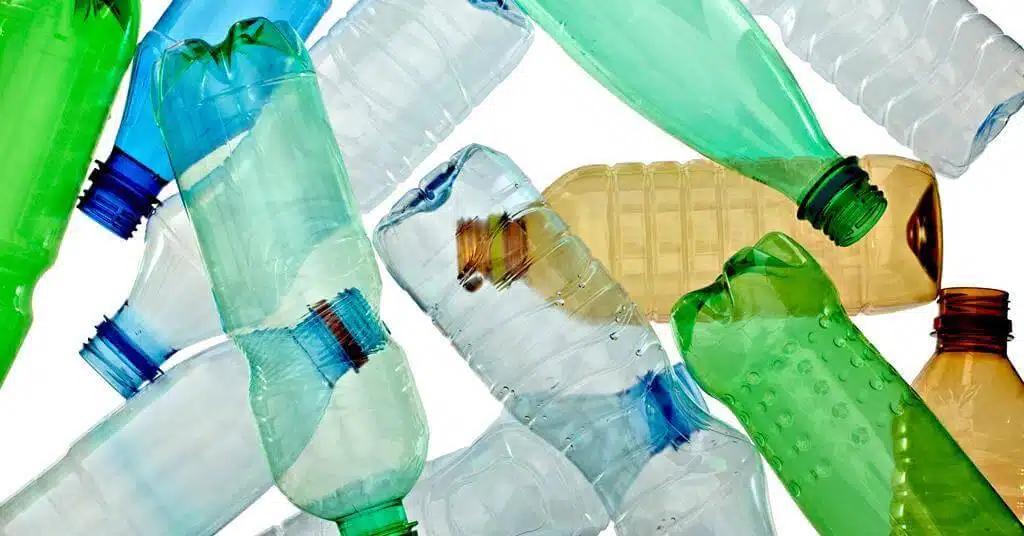In Beijing, scientists from Tsinghua University have developed an industrial-scale process that can transform polyethylene terephthalate (PET,) one of the most commonly used plastics, into various useful products.
According to Professor Haohong Duan, a member of the research team responsible for the breakthrough, the process is cost-efficient. It can transform waste PET into three beneficial products: potassium diformate (KDF), terephthalic acid (PTA), and a relatively small amount of hydrogen, which can be used as an alternative fuel.
Processing PET in this manner can yield enough end-products valued at $3,000 per ton of waste material. This is ten times more than the current going rate of between $300 and $400 per ton of recycled PET.
Duan says that the process can significantly reduce the current burden of what to do with the growing amount of plastic wastes throughout the world. As he puts it, “This achievement encourages us to further optimize this technology and explore new reaction routes to expand the variety of valuable products.
A growing crisis
Around 700 million tons of PET are produced annually, mainly for the production of plastic drink bottles.
However, despite the best efforts of many recycling and upcycling advocates or environmental organizations in different countries, only 9% of PET is ever recycled. The rest becomes a part of the nearly 300 million tons of waste plastic disposed of every year, 8.8 million tons of which pollute the ocean, where these pose a hazard to marine life.
For this reason, multiple nations and firms have called for the introduction of a new plastic pollution treaty to curb both the production and use of plastics. Yet major plastic-producing states such as the U.S. have resisted calls to support such an agreement. This resistance is likely due to intense lobbying from the oil and gas sector.
Nevertheless, there is a multinational call to create a revised plastic pollution treaty that aims to reduce the production and use of PET and other plastics, particularly those disposed of after a single use.
Unfortunately, countries that make up the bulk of plastic manufacturers, including the United States have remained deaf to the call. This backlash is attributed to extensive lobbying by those in the fossil fuels sector, seeing how plastics are a byproduct of petroleum processing.
A viable solution?
The byproducts of the Tsinghua University process are highly beneficial for a number of sectors.
Hydrogen, as stated earlier, can be used in the place of fossil fuels for energy. While the amount produced is quite minimal, it can nevertheless be used to power the refining process.
KDF, on the other hand, will see use in the rearing and management of agricultural livestock. For example, farmers can use KDF as a healthier, less toxic alternative rather than antibiotics to promote growth in meat-bearing animals like cattle and pigs.
Finally, PTA can be used in heavy industry, particularly the automotive sector, to make protective coating and resins.
Duan and the other members of the development team noted that the cost of processing was a key hurdle in creating the upcycling process. But this may become lower in the near future thanks to the use of renewable power.







